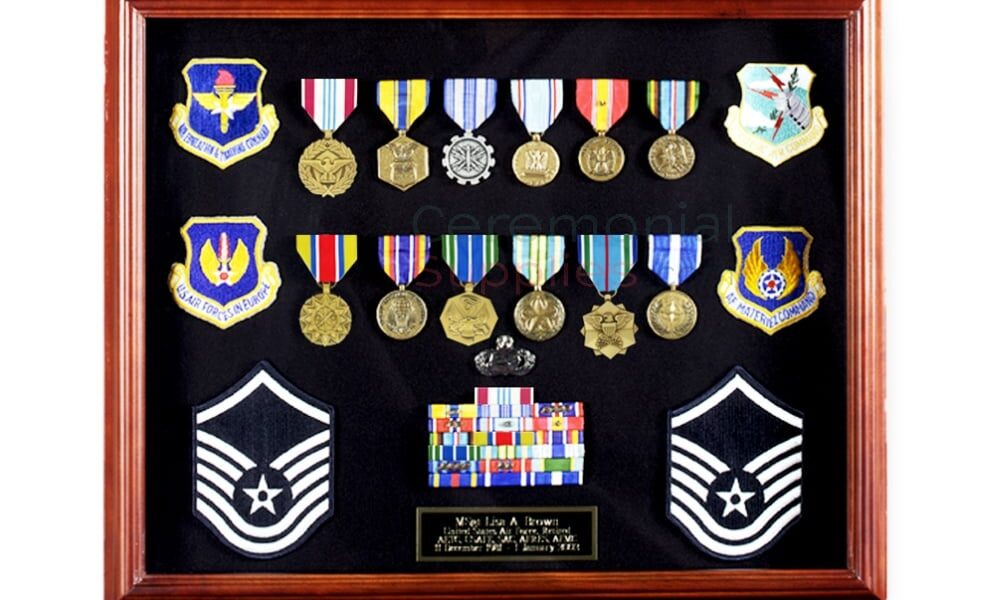Veteran School Listings
Schools across the United States offer specialized programs and support for veterans. These institutions recognize the unique challenges faced by those transitioning from military life to civilian education. With dedicated resources and tailored curricula, veterans can pursue their academic goals more effectively.
Understanding Veteran-Friendly Schools

Veteran-friendly schools provide dedicated support networks. They have experienced staff equipped to help veterans navigate educational benefits. This includes assistance with the GI Bill and other financial aid options. Additionally, these schools often have veteran-specific orientations to help ease the transition.
Faculty at these institutions are typically trained to understand the unique experiences of veterans. This can lead to a more supportive and inclusive learning environment. In some cases, these schools may also offer priority registration and flexible scheduling. This helps accommodate veterans’ other commitments, such as work or family responsibilities.
Top Schools for Veterans
Here are some of the top schools recognized for their veteran programs:
- Syracuse University: Known for its long-standing commitment to veterans. Offers the Institute for Veterans and Military Families.
- University of Southern California: Provides comprehensive support through its veterans’ resource center. Renowned for integrating veterans into student life.
- Texas A&M University: Home to the Veterans Resource and Support Center. Offers a wide range of academic and personal support services.
- Arizona State University: Features the Pat Tillman Veterans Center. Known for its mentoring and academic support for veterans.
- University of Alabama: Offers the Office of Veteran and Military Affairs. Provides tailored resources for academic and career success.
Benefits of Attending Veteran-Friendly Schools
Attending a veteran-friendly school has numerous advantages. Firstly, financial support is significant. Many of these schools participate in the Yellow Ribbon Program. This can cover tuition costs not included under the GI Bill.
Mental health support is another key benefit. Veteran-friendly schools often provide counseling and health services. This helps address the unique stressors that veterans may face. Dedicated support groups and veteran organizations can also offer peer support and camaraderie.
Accessibility is another critical advantage. These schools commonly have dedicated contact points for veterans. This simplifies the process of obtaining necessary paperwork and support. Additionally, many institutions offer online courses for greater flexibility. This can be particularly beneficial for veterans balancing education with other responsibilities.
Choosing the Right Veteran-Friendly School
When selecting a veteran-friendly school, research is crucial. Look into the veterans’ programs and support services offered. Review any partnerships with military or veteran organizations. These partnerships can provide additional resources and networking opportunities.
Consider the school’s location and its proximity to veteran communities. Being near other veterans can provide a sense of community and belonging. Additionally, examine the school’s policies on transferring military credits. Veteran-friendly schools often have more flexible credit transfer policies. This can reduce the time and cost of obtaining a degree.
Contact the veterans’ resource center directly. Ask questions about the services and support they offer. Visiting the campus and speaking with current veteran students can also provide valuable insights.
Types of Programs Offered
Veteran-friendly schools offer diverse programs. These range from traditional degree programs to more specialized courses. Many institutions offer certificate programs in areas like cybersecurity, logistics, or emergency management. These can capitalize on skills veterans have acquired during their military service.
Advanced degree programs, such as MBA or MPA, are also popular. These can help veterans transition to leadership roles in civilian careers. Technical training programs are another option. They offer hands-on experience and can lead to certifications that are in high demand in the job market.
Support Services Available
Veteran-friendly schools offer a variety of support services. Academic counseling is a primary service. Academic advisors can help veterans select courses and navigate their degree paths. Career services are also important. They offer job placement assistance, resume workshops, and interview preparation.
Many schools provide mentoring programs. These pair veterans with both veteran and civilian mentors. This mentorship can provide guidance and support throughout the educational journey. Schools may also offer tutoring services and study groups to enhance academic success.
Family support services are becoming more common. These can include child care assistance and family counseling. Recognizing the importance of a strong family support system, these services aim to assist veterans in balancing their education with family life.
Financial Aid and Scholarships
Financial aid is a crucial component of veteran-friendly schools. Beyond the GI Bill, many schools offer additional scholarships for veterans. These can be merit-based or need-based. Scholarships specifically for veterans’ dependents are also available.
Work-study programs are another avenue for financial gain. These programs allow veterans to work part-time on campus. This can help cover educational expenses while gaining valuable experience. Additionally, some schools have emergency financial assistance programs. These can provide short-term relief for unexpected expenses.
Networking Opportunities
Networking is vital for career development. Veteran-friendly schools often host networking events. They may include career fairs, industry meetups, and guest lectures. These events can connect veterans with potential employers and industry leaders.
Alumni networks are another powerful resource. Many schools have robust alumni programs. These can provide mentorship, job placement assistance, and professional connections. Being part of a veteran alumni network can offer additional camaraderie and support.
Professional organizations specific to veterans also offer networking opportunities. These may include local chapters of national veterans’ organizations. Being involved in these organizations can broaden veterans’ professional and personal horizons.
Challenges to Consider
Despite the advantages, there can be challenges. The transition from military to academic life is not always smooth. Veterans might face difficulties adjusting to civilian classroom dynamics. Time management and balancing multiple responsibilities can also be challenging.
Financial challenges may still arise even with assistance. Understanding the full scope of benefits and navigating bureaucracy can be complex. Accessing mental health services is critical but can sometimes be stigmatized. It’s essential to recognize and address these challenges proactively.
Another potential challenge is integrating with younger, less experienced students. Many veterans are older and have more life experience than their peers. This can sometimes create a sense of isolation. Participating in veteran-specific organizations and activities can help mitigate this.
Success Stories
Many veterans have successfully transitioned and excelled in academic settings. Stories of veterans who have gone on to achieve significant academic and professional success are common. These success stories not only inspire other veterans but also highlight the value of veteran-friendly educational environments.
Each success story reinforces the importance of tailored support and resources. They show how overcoming initial challenges can lead to rewarding outcomes. These stories also contribute to a broader understanding of the potential and contributions of veterans in academic and professional settings.
Conclusion
Veteran-friendly schools play a crucial role in supporting veterans in their academic journeys. By offering tailored resources, financial aid, and support services, these institutions help veterans achieve their educational and professional goals.
“`



